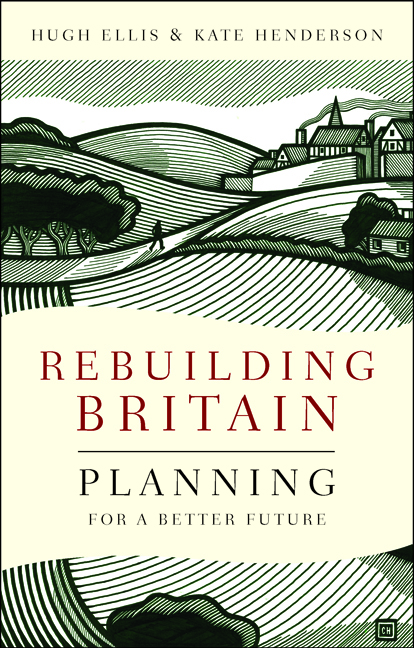4 - The nature of the challenge
Published online by Cambridge University Press: 04 March 2022
Summary
For in the final analysis, our most basic common link is that we all inhabit this small planet. We all breathe the same air. We all cherish our children's futures. And we are all mortal. (John F. Kennedy, 1963)
Britain has many outstanding assets. It remains an economic world power, particularly in the knowledge economy, and is one of the most culturally rich and diverse places on Earth. Britain also faces a growing set of challenges. It is an increasingly divided nation in which social mobility and poverty remain engrained and where access to the basics, a decent job and a house can seem like a pipe dream.
The unequal nature of Britain goes beyond simplistic arguments about a North–South divide. We are a starkly divided nation in terms of long-term regional performance, despite rhetoric about rebalancing the economy from successive governments. Cuts to public investment have had different impacts on different parts of England, with many Northern economies disproportionately affected. Chapter 5 explores this problem in more detail.
Alongside these growing divisions, the nation faces huge pressures on housing as our population grows. In England alone the population has risen by 3.5 million people in the past decade and the nation’s population is ageing. While we have seen the largest growth in any 10-year period since census-taking began, however, the variation between regions is significant – London's population, for instance, grew by 851,000, but the North East's by only 10,000. Chapter 6 attempts to reveal the true scale of the housing crisis in Britain today.
As set out in Chapter 7, the nation also faces major environmental challenges; from summer hosepipe bans – a regular reminder of the shortage of water in parts of the country, particularly in the South East – to the very real threat of climate change. We now have a growing understanding of the nation's vulnerability to extreme weather events, increased temperatures and sea level rise and how these changes will affect some of our key cities and our best agricultural land.
The international failure to secure meaningful reductions in carbon emissions means that we now have to confront our readiness to deal with dangerous climate change.
- Type
- Chapter
- Information
- Rebuilding BritainPlanning for a Better Future, pp. 37 - 40Publisher: Bristol University PressPrint publication year: 2014



